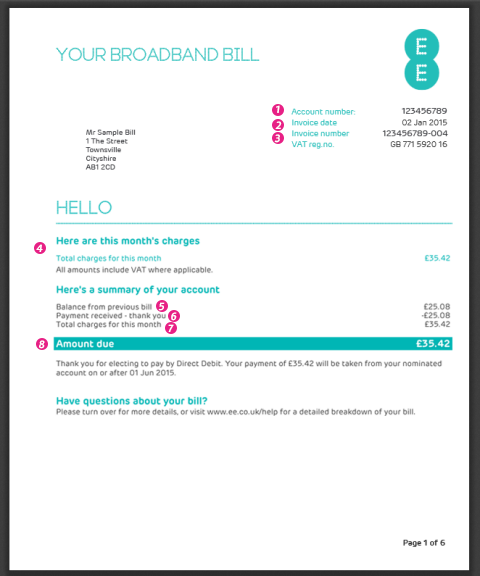Setting up student bills can get complicated quickly. Between identifying exactly what bills you have to pay and when, which providers to go with, and how to split finances fairly, it can soon seem like the list of things to consider with bills is, well, endless.
Knowing where to start and what to do is always useful though, which is why we’ve created this handy guide to sorting your uni bills. Whether you’re going for a student bills package or are braving arranging everything individually, we’re here to walk you through the steps.
It’s no secret that living in student housing can be overwhelming. This point is the first time you’re truly independent—and with independence comes a newfound responsibility for keeping toilet rolls stocked, clearing out the fridge frequently enough to prevent mould from rearing its ugly head, and (*shudder*) setting up and paying all of the household bills.
It’s easy to let things pile up, especially when you’re first starting out. But making sure all of your utility bills are in order is one of the most important things you have to do as an adult. Don’t panic though! All you have to do is follow the step-by-step process below, and your student bills will be sorted in no time.
There are several ways you can pay your bills as a student, all depending on how you want to go about things with your flatmates (and maybe even on how much you trust them).
Each one comes with its own pros and cons, but we would recommend using a bill-splitting service (like a student bills package) or setting up a direct debit; it all depends on your specific needs. Below is a quick breakdown of your main choices:
Student bills packages offer convenience—they take charge of managing your bills and taking payments from you and your housemates. No faff.
If you don’t mind paying for this convenience (and if you don’t mind that you don’t get a say in who your utilities providers are), this is the choice for you.
If you live with one or two people, joint accounts can be a good way to split the bills.
That being said, setting up and closing down joint accounts can be complicated, plus there’s always a risk of someone emptying the bank account. Only use this method if you trust your housemates completely.
This is the second-easiest student billing option after going for a student bills package. This process doesn’t restrict you to certain suppliers but it does require some set-up.
Direct debits usually come from a single account so one person will be solely responsible for the payments. If your housemates don’t pay on time, it will be on you, as the account holder, to cover the shortfall.
While an app won’t actually split the bills for you, it can make the process easier. For example, it can help calculate the amount each housemate needs to pay and you can use it to track who has paid and who hasn’t.
If you use an app, you still have to set up direct debits for each bill—the apps don’t do the hard work for you!
Want more information on how to go about splitting the bills as a student? Read our guide on how to split student bills, which goes through the major bill-splitting options available to you as a student. For even more information on specific ways to pay, you can also visit our pages:

Metered: metered water tariffs are the same as gas or electric. The meter will record the amount of water you’ve used and charge you accordingly.
Standard: with a standard tariff, the government estimates how much water your house will consume and charge based on that estimation. You’ll be charged monthly or quarterly.
For a full explanation, check out our guide on how to set up your water bill.
That’s it! It’s a fairly simple process.
If you want to know more about what TV licences cover and how to pay, read our page on how to set up your TV Licence.


Want to ensure that you’ve got everything covered? Use our student bills set-up checklist.

In our guide ‘what your bills mean: water, energy, TV and internet‘, we break down every bill you’re likely to receive and what each part of them means.
Students have to pay standard utility bills like energy, water, TV Licence and broadband. Full-time students in the UK don’t pay council tax.
Things get a bit more complicated if you’re a part-time student or live with people who aren’t students. Part-time students and ‘non-students’ need to pay council tax and will receive bills sent to their home. If you live with people who aren’t students (like your parents or working friends, for example), you’ll need to discuss whether you’ll help pay the council tax. It’s best to have this discussion early, to avoid any anguish later.
If you’re a full-time student in Scotland, you won’t need to pay for water—so long as you live with other full-time students.
Find out more by visiting our page ‘types of student bills: what do students need to pay for?’
You’ll want to sort out bills as soon as you move in. Utilities such as Wi-Fi can take a good week to install, if not longer! The last thing you want is to live in a house without any internet for a few weeks.
Use our handy student bills checklist to make sure you’ve covered everything when setting up your bills.
There are lots of amazing discounts and deals aimed at students, but make sure you read the fine print. If the deal you find looks too good to be true, it probably is!
To find out how much you’ll be paying on average, check out our guide on the average costs of student bills.
Having housemates you can rely on will save you from a lot of arguments. You want to make sure everyone will pay their share of the bills in full and on time. What’s more, you don’t want to be awkwardly chasing people for money—that’s a hassle that no one wants to deal with.
If only one person has their name on a bill, by law they are solely responsible for paying it. If everyone’s name is on the bill, they have to share responsibility. This therefore means you’ll be jointly liable for a smaller, equal share of the bill. This is the fairest way to share the bills between housemates.
To see the uni bills you’ll need to pay, check out our guide ‘students and household bills: what you need to pay for‘.

Reading the meters regularly makes sure your suppliers are charging you the correct amount for the energy you use. If you don’t provide meter readings, your supplier will charge you based on their estimates. In other words, you could end up paying more than you actually owe—or worse, you could pay less and then be lumped with an expensive bill at the end of your tenancy.
To find out more about student billing and reading your meters, read our page on how to find your current energy suppliers and set up your bills.
You’ll need to pay different bills on different days of the month. Make sure you know when bills come through during the month so you can set aside the money for them. After all, you don’t want to end up having no cash to pay for a bill!
Missing payments can affect your credit rating. Additionally, it can also mean you’re left with extra charges for late payments. Make sure your housemates know the billing dates and pay on time. If you’ve followed the previous steps, everyone’s name should be on the bills, meaning everyone is equally responsible as a result.
